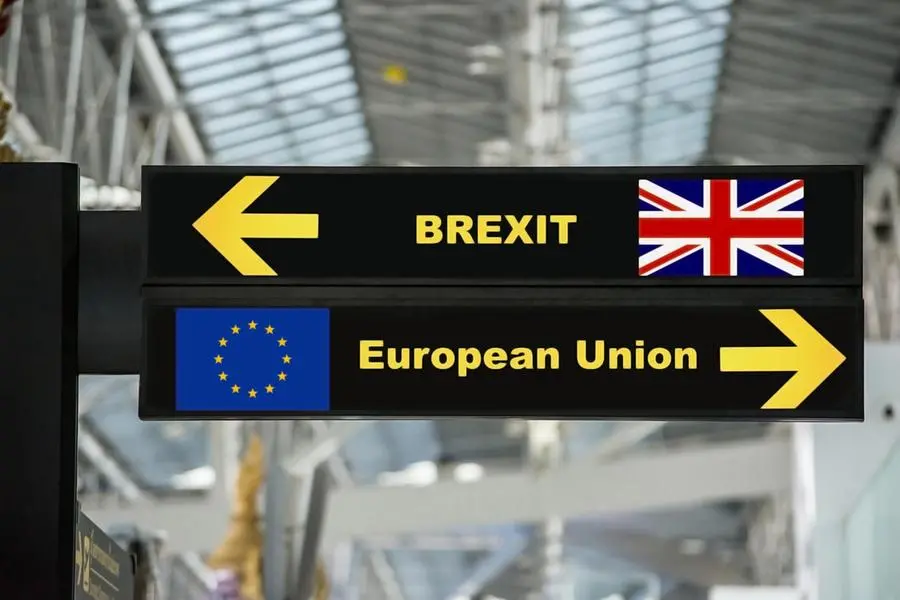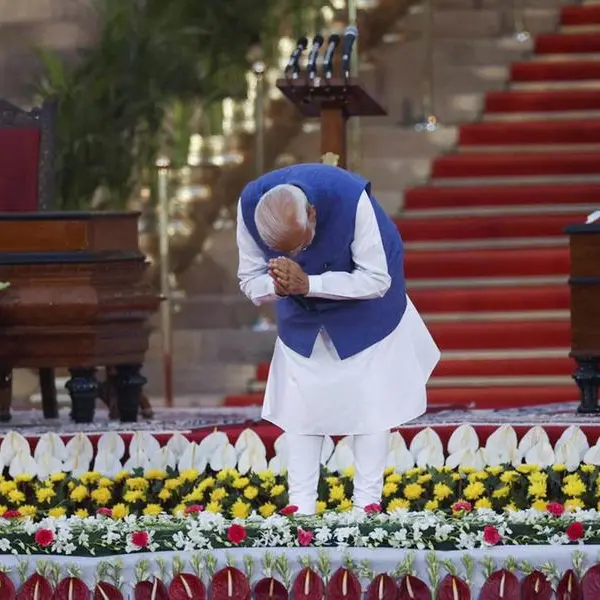PHOTO
The Brexit experiment is not over, but it seems to have reached its natural limits in British politics. For six years, since the 2016 referendum to leave the EU, UK politics was dominated by the question of what to do with the powers returned from Brussels. What kind of country should the UK be; should it become a serious regulatory competitor to the EU, slashing taxes and EU ‘red tape’ to attract investment? Brexiteers talked excitedly about a trans-Atlantic or Indo-Pacific future for the country. That question has been settled, for the foreseeable future. The UK is not going anywhere. It will remain firmly in the EU’s regulatory orbit, diverging sometimes, perhaps in important ways. But broadly following the scope and direction of Brussels on the big issues such as a path towards net zero.
That has important consequences for the UK’s relationships with the Gulf region. The economic damage inflicted by the way in which the UK left the EU leaves the country needing to make up for lost investment, lost growth, and lost markets.
This is an opportunity for the Gulf States to forge new partnerships with British businesses which may even be more mutually beneficial and sustainable than perhaps sometimes in the past.
For, as the UK emerges from the feverish Brexit years, it still has a lot to offer. At the centre of the pitch from both main political parties is a promise of renewed stability, sustainable public finances, and putting growth centre-stage. But as the Conservative government learned the hard way last year, an economic offer to the British electorate is only credible if global markets also believe it.
The UK is still paying the price for that, but with a likely medium-term trajectory of economic responsibility and predictable regulation, many UK assets are arguably under-priced, including some of the strongly-performing sectors which will drive future growth.
We will see some of that innovation on show next week at the Arab Health trade fair. There will be a bigger UK presence than ever, even as inflation and business costs bite at home. British companies will showcase world-leading technologies in remote monitoring, telemedicine and data analytics; the kind of digital health solutions which Gulf States need to meet their own long-term health challenges.
And whether in creative industries, professional services, finance and banking, or the technology to meet net zero, the UK has a similarly strong offer. British businesses will be looking for a range of opportunities, from investment to sales to the regulatory approvals needed to bring ideas to global markets. There are opportunities here for building the kind of partnerships the region needs to entrench a high-skilled, post-carbon economy at home.
And while a potential GCC-UK trade deal would be helpful, much more important is understanding and navigating the regulatory environment in the UK, and what is politically possible as the UK adapts to being an effective rule-taker from Brussels, and sometimes forging its own path. The sectoral needs in the innovation areas the Gulf States want to help deliver their long-term strategies will also vary hugely. The region’s sovereign wealth funds are increasingly exploring this territory, but we have hardly scratched the surface of the opportunities a post-Brexit UK offers.
The UK is emerging, a little chastened, from the Brexit experiment. There is a political consensus in London that the country needs to restore the trust of markets and investors, deliver stability and predictability, and promote growth, partly by backing its economic services strengths. That is an opportunity for the Gulf States to define the partnerships they need for the decades ahead.






















